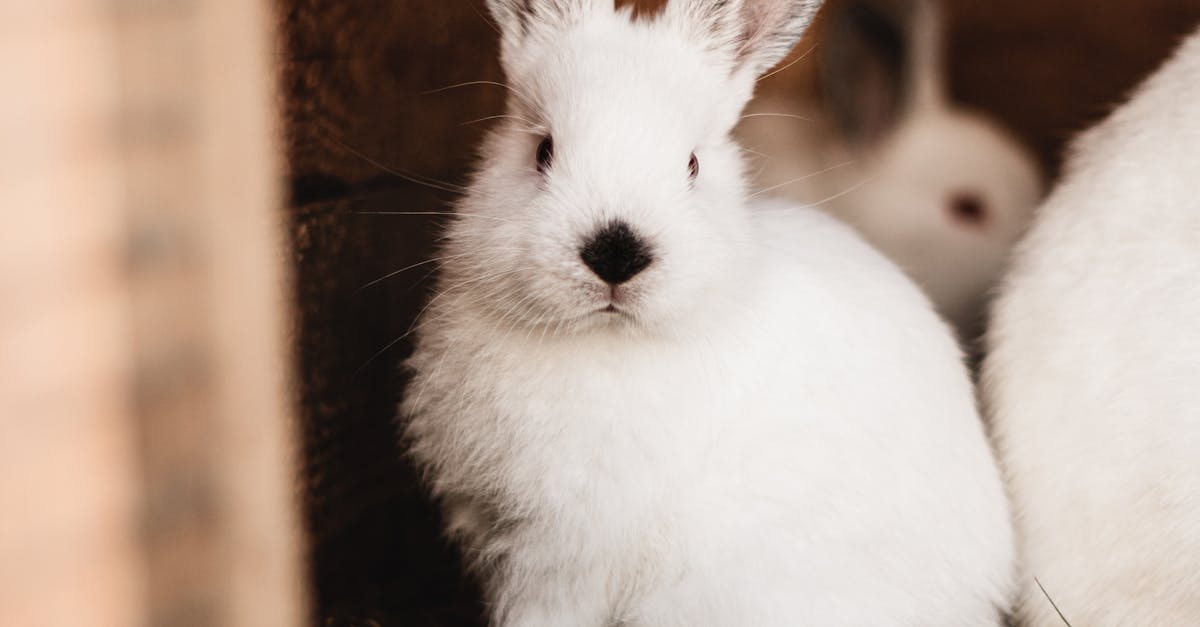Bringing a new kitten into your home is an exciting milestone, but many pet parents quickly realize that socializing their little bundle of fur takes time and effort. A well-socialized kitten grows into a confident, friendly adult cat, which makes for a happier home for everyone. If you're wondering how to help your kitten feel comfortable around people, pets, and new environments, you're in the right place.
🩺 Vet Recommendations
Socializing your kitten is most effective during the critical socialization period, which typically occurs between 3 to 14 weeks of age. During this time, kittens are naturally more open to new experiences, making it the perfect opportunity to introduce them to the world around them. However, even older kittens can benefit from gradual socialization with the right approach.
As a veterinarian, I recommend focusing on the following key areas to set your kitten up for success:
- Exposure to different people, sounds, and environments
- Positive interactions with other pets
- Building trust through gentle handling and play
Remember, the goal is to create positive associations with new experiences. Patience and consistency are essential to avoid overwhelming your kitten.
📋 Care Tips
Here are some practical tips to help you socialize your kitten effectively:
- Start small: Begin by introducing your kitten to one or two new experiences at a time. For example, let them explore a quiet room before gradually exposing them to busier areas of your home.
- Use treats and toys: Reward your kitten with small treats or their favorite toys during and after new experiences. This reinforces positive associations.
- Introduce new people slowly: Allow visitors to approach your kitten calmly and at their own pace. Encourage them to offer a treat or toy to build trust.
- Expose them to sounds: Play recordings of common household noises, such as vacuum cleaners or doorbells, at a low volume. Gradually increase the volume as your kitten becomes more comfortable.
- Introduce pets cautiously: If you have other pets, supervise their initial interactions. Keep the introductions short and positive, and separate them if either animal appears stressed.
According to PetMD, kittens that are exposed to a variety of stimuli during their socialization period are more likely to adapt well to changes throughout their lives (source).
✅ Do’s and Don’ts
When socializing your kitten, keeping these do’s and don’ts in mind will help make the process smoother and more enjoyable for both of you:
- Do: Handle your kitten gently but regularly to help them get used to human touch.
- Do: Introduce new experiences gradually to avoid overwhelming them.
- Do: Watch for signs of stress, such as hissing, hiding, or a tucked tail, and give your kitten space if they seem overwhelmed.
- Don’t: Force your kitten into situations they’re not ready for, such as being held by strangers or meeting a dog for the first time.
- Don’t: Punish your kitten for being fearful or shy. This can worsen their anxiety and hinder progress.
Consistency and patience are key. Socialization is a journey, not a race, and every kitten progresses at their own pace.
💡 Expert Advice
If you’re struggling to socialize your kitten, remember that you’re not alone. Some kittens take longer to adjust, especially if they’ve had limited exposure to people or other animals before coming into your home. Here are some additional tips to make the process easier:
- Create a safe space: Set up a quiet, secure area where your kitten can retreat if they feel overwhelmed. Include their bed, litter box, food, and water.
- Use pheromone sprays or diffusers: Products like Feliway can help reduce stress and create a calming environment for your kitten.
- Seek professional help: If your kitten shows signs of extreme fear or aggression, consult a veterinarian or a certified feline behaviorist for guidance.
According to the ASPCA, early socialization can significantly improve a kitten’s behavior and adaptability throughout their life (source).
FAQs
Q: How long does it take to socialize a kitten?
A: The timeline varies for each kitten. Some adjust within a few weeks, while others may take months to feel fully comfortable. Consistency and patience are key.
Q: Can older kittens still be socialized?
A: Yes, older kittens can be socialized, but it may take more time and effort. Focus on creating positive experiences and introduce new stimuli gradually.
Book a $49 online vet consultation at https://www.dialavet.com for fast, expert advice.























